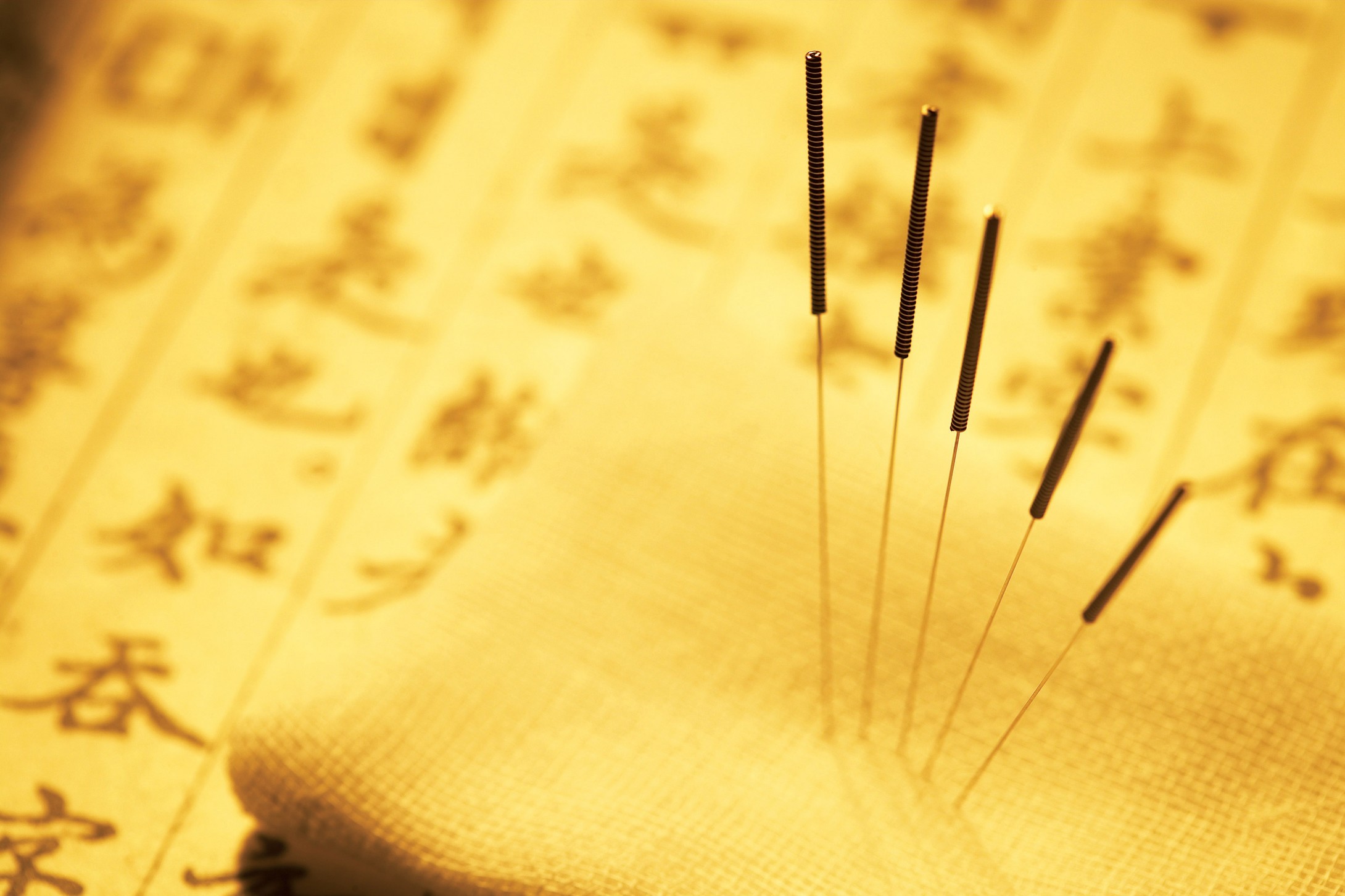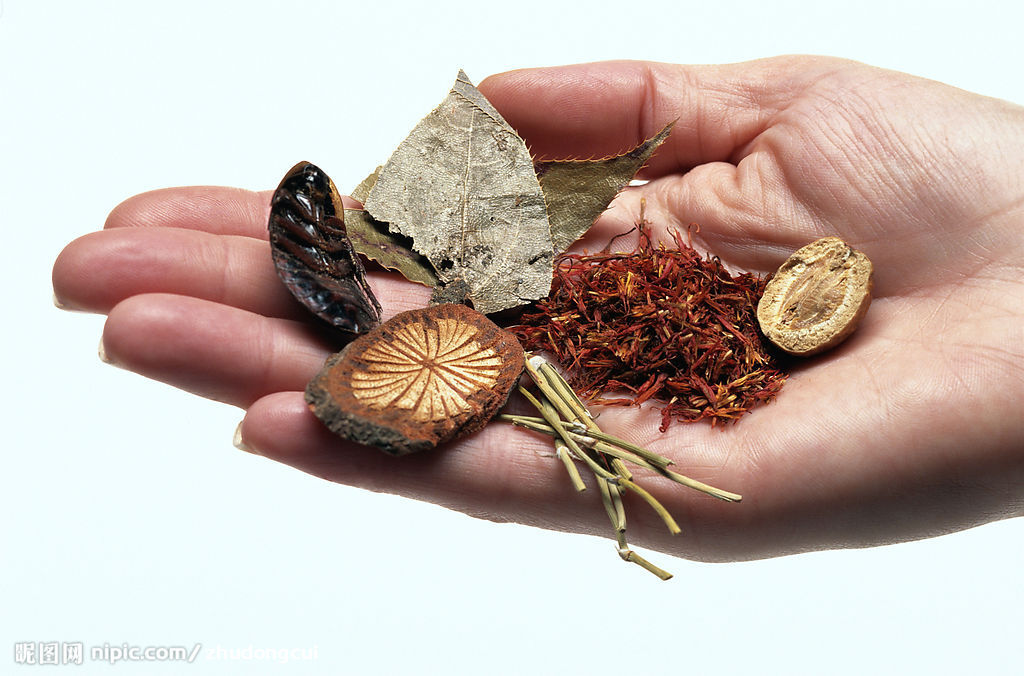


Treatment
Acupuncture
Acupuncture is a collection of procedures involving penetration of the skin with needles to stimulate certain points on the body. In its classical form it is a characteristic component of traditional Chinese medicine (TCM), a form of alternative medicine, and one of the oldest healing practices in the world.[1] According to traditional Chinese medicine, stimulating specific acupuncture points corrects imbalances in the flow of qi through channels known as meridians. Wikipedia
Acupuncture is recognized by the National Institute of Health (NIH) and the World Health Organization (WHO) to be effective in the treatment of:
- Adverse reactions to radiotherapy and/or chemotherapy
- Allergic rhinitis (including hay fever)
- Biliary colic
- Depression (including depressive neurosis and depression following stroke)
- Dysentery, acute bacillary
- Dysmenorrhoea, primary
- Epigastralgia, acute (in peptic ulcer, acute and chronic gastritis, and gastrospasm)
- Facial pain (including craniomandibular disorders)
- Headache
- Hypertension, essential
- Hypotension, primary
- Induction of labour
- Knee pain
- Leukopenia
- Low back pain
- Malposition of fetus, correction of
- Morning sickness
- Nausea and vomiting
- Neck pain
- Pain in dentistry (including dental pain and temporomandibular dysfunction)
- Periarthritis of shoulder
- Postoperative pain
- Renal colic
- Rheumatoid arthritis
- Sciatica
- Sprain
- Stroke
- Tennis elbow
There are also other 63 conditions, diseases or symptoms which the therapeutic effect of acupuncture has been shown but for which further proof is needed.
Tuina Massage
Tui na or tuina /ˌtwiː ˈnɑː/ (Chinese: 推拿; pinyin: tuī ná), is a form of Chinese manipulative therapy often used in conjunction with acupuncture, moxibustion, fire cupping, Chinese herbalism, t’ai chi, and qigong.[3] Tui na is a hands-on body treatment that uses Chinese taoist and martial arts principles in an effort to bring the eight principles of Traditional Chinese Medicine (TCM) into balance. The practitioner may brush, knead, roll/press, and rub the areas between each of the joints, known as the eight gates, to attempt to open the body’s defensive (wei) chi and get the energy moving in the meridians and the muscles. The practitioner can then use range of motion, traction, and massage, with the stimulation of acupressure points. These techniques are claimed to aid in the treatment of both acute and chronic musculoskeletal conditions, as well as many non-musculoskeletal conditions. Tui na is an integral part of TCM and is taught in TCM schools as part of formal training in Oriental medicine.Wikipedia
Chinese Herbs
In our clinic, we mainly use decoction and Chinese patent medicine.
Decoction
Typically, one batch of medicinals is prepared as a decoction of about 9 to 18 substances.[14] Some of these are considered as main herbs, some as ancillary herbs; within the ancillary herbs, up to three categories can be distinguished. Some ingredients are added in order to cancel out toxicity or side-effects of the main ingredients; on top of that, some medicinals require the use of other substances as catalysts.Wikipedia
Chinese patent medicine
Chinese patent medicine (traditional Chinese: 中成藥, Simplified Chinese: 中成药, pinyin: zhōngchéng yào) is a kind of traditional Chinese medicine. They are standardized herbal formulas. From ancient times, pills were formed by combining several herbs and other ingredients, which were dried and ground into a powder. They were then mixed with a binder and formed into pills by hand. The binder was traditionally honey. Modern teapills, however, are extracted in stainless steel extractors to create either a water decoction or water-alcohol decoction, depending on the herbs used. They are extracted at a low temperature (below 100 degrees Celsius) to preserve essential ingredients. The extracted liquid is then further condensed, and some raw herb powder from one of the herbal ingredients is mixed in to form an herbal dough. This dough is then machine cut into tiny pieces, a small amount of excipients are added for a smooth and consistent exterior, and they are spun into pills. Teapills are characteristically little round black pills.[citation needed]
Chinese patent medicines are easy and convenient. They are not easy to customize on a patient-by-patient basis, however. They are often used when a patient’s condition is not severe and the medicine can be taken as a long-term treatment.[citation needed]
These medicines are not patented in the traditional sense of the word. No one has exclusive rights to the formula. Instead, “patent” refers to the standardization of the formula. In China, all Chinese patent medicines of the same name will have the same proportions of ingredients, and manufactured in accordance with the PRC Pharmacopoeia, which is mandated by law. However, in western countries there may be variations in the proportions of ingredients in patent medicines of the same name, and even different ingredients altogether.Wikipedia
Fee Schedule
| Service | Description | Regular Price | Packaged Price |
|---|---|---|---|
| Acupuncture | Performed by interns(with teacher's supervision) | $25/session | NA |
| Acupuncture | Performed by doctor(no observation) | $80/hour | $360 for 5 sessions, $700 for 10 sessions |
| Acupuncture | Performed by doctor(with students observation) | $25/session | NA |
| Massage | Performed by RMT | $85/hour | NA |
| Massage | Performed by student | $25/30min | Maximum treatment time is 30 minutes |
| Chinese Patent Medicine | $8-$12/box | NA | |
| Chinese Herb Decoction | $10-$15/bag | NA |
